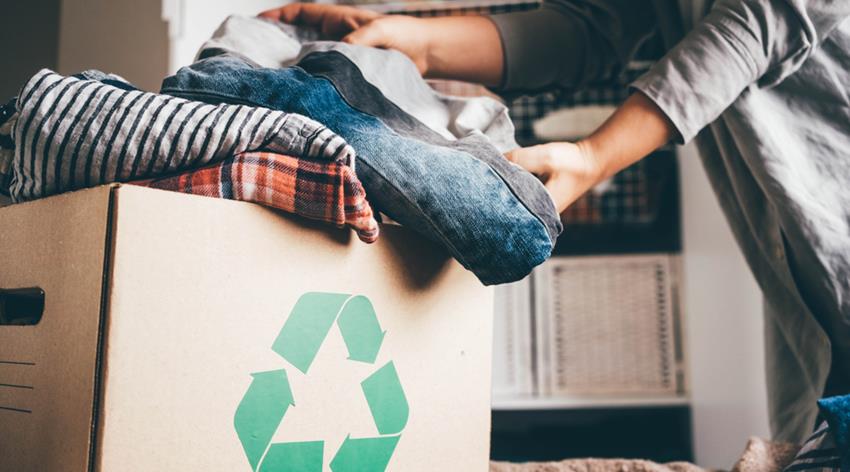
Ethical Consumerism: leading the way to a sustainable future
The global Coronavirus pandemic has caused significant change, like no other public-health crisis we have seen before. Events in the past year have seen consumers making more conscientious ethical decisions when it comes to their fashion choices.
The sustainability movement has always been in the foreground, since the days of the mini skirt, swing coat and go-go boots. But since the pandemic, it has shocked people into change, and we have seen a rise in ethical consumerism in the post-pandemic world.
Consumers want brands to meet ethical standards, to prioritise climate change in the economic recovery and to reduce their environmental impact through recycling and eco-friendly packaging. But what has set off this revolution?
Since the government’s call to stay at home, consumers have become more engaged in sustainability topics and with time at home, they’ve had the chance to access a wealth of information at their fingertips, only committing to brands that match their own ethical beliefs and standards.
There has also been a shift in purchasing behaviour. According to McKinsey & Company, more than 60 percent of consumers report spending less on fashion during the crisis, and approximately half expect that trend to continue after the crisis passes. Consumers are increasingly making do with the wardrobe they have, rather than investing in a new one. Many consumers are holding onto items for longer and are taking it upon themselves to upcycle and repair their items.
Consumers are taking more notice and have shown a greater appreciation for small businesses locally to them, as the Covid-19 crisis has had a severe impact on the revenue of UK SMEs. People are being more sustainable and are taking a more local focus, to incorporate more originality and variety into their choices.
With consumerism on an upwards trend, the fashion industry is moving away from unsustainable and unethical labour practices that were adopted years ago to sell clothes. The industry is heading towards a cleaner and more ethical approach.
It’s clear that the Coronavirus pandemic has provided fashion houses and brands with the opportunity to strengthen their sustainability commitments, revaluate their actions and consider their consumption.